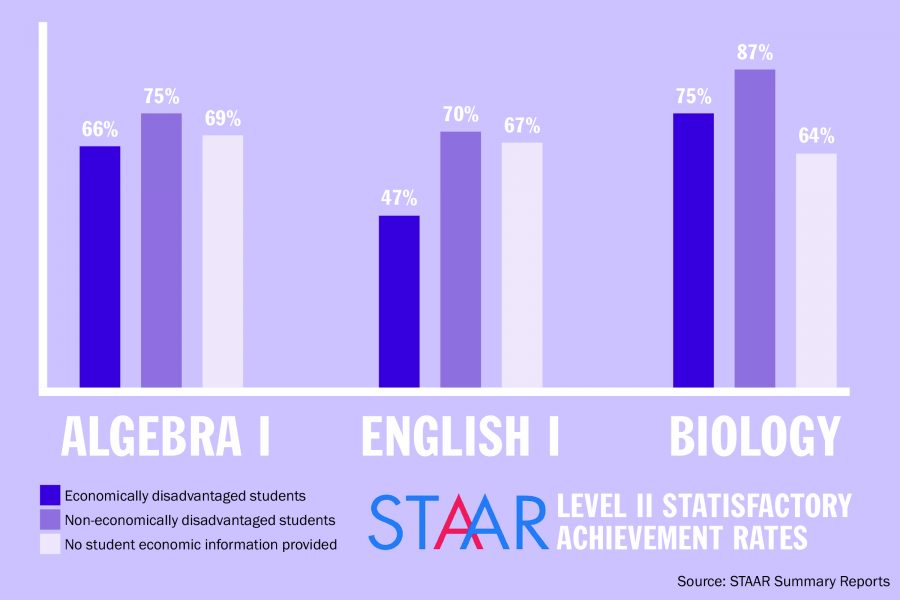The Texas Legislature has a long history of wasting their time on education bills that do nothing to alleviate the actual issues within the Texas education system. Instead they focus their energy on bills that brush over the real problems and solve nonexistent ones. The latest bill in this series is House Bill 22, filed by Rep. Dan Huberty, R-Houston, which would push back the implementation of a new grading system for school districts.
A new state grading system for school districts and campuses was passed in 2015 to harsh criticism from educators throughout Texas, as it unfairly targeted schools with larger numbers of low income students. The new bill that’s been filed aims to push implementation back a year, but merely pushing it back is not enough — the system shouldn’t be implemented at all.
The proposed system requires the Texas Education Agency to grade each campus within a district on an A-F system, and to then derive the district’s grade from that composite. Schools would be graded in five performance indicators: performance on the State of Texas Assessments of Academic Readiness (STAAR), improvement on the STAAR, postsecondary readiness, closing performance gaps between low-income and high-income students, and community engagement. Each school and district then receives an overall grade corresponding to their performance in these five categories.
In January, preliminary ratings for all schools and districts within Texas were released from the new system. These ratings saw schools with large numbers of low-income students disproportionately receiving lower grades on average, and subsequently those poorer districts receiving lower overall grades. Lower ratings for a district, especially from a system that’s hard for parents to understand, could mean a lower enrollment rate and decreased funding to the schools within it.
This unfair penalization that disproportionately affects low-income students derives from the data the system relies on. The system is based heavily — 55 percent — on students’ performance on the Texas standardized test, STAAR. Low-income students statistically perform worse on standardized tests largely because poorer schools and districts can’t afford updated textbooks. Schools with larger numbers of low-income students also face larger numbers of absent students, which hurts them in the measurement of postsecondary readiness.
However, HB 22 does nothing to alleviate these concerns. All it proposes is to push back the implementation of the grading system until 2019, and to narrow down the categories that would be graded to three. These three categories still involve a heavy bias towards higher income students and the districts that house them.
The Texas Legislature shouldn’t be considering a bill that keeps the A-F grading system with slight changes in an attempt to appease educators. The school boards of 150 Texas districts have called on the Legislature to repeal the new grading system, not postpone its implementation and make small changes. Keeping a system like this in place instead of scrapping it is detrimental to state public education. We should be creating something better with educators’ voices in mind that leaves less room for income bias.
District grading systems should be created with educators and students in mind, and should be tested so they aren’t found to be biased against low-income students. The Texas Legislature is wasting the precious little time it has focusing on HB 22 when it could be fully restructuring a district grading system with input from educators and focusing more heavily on legislation to improve the education Texans are receiving in the classroom.
Berdanier is a philosophy junior from Boulder, Colorado. She is a senior columnist. Follow her on Twitter @eberdanier.





















